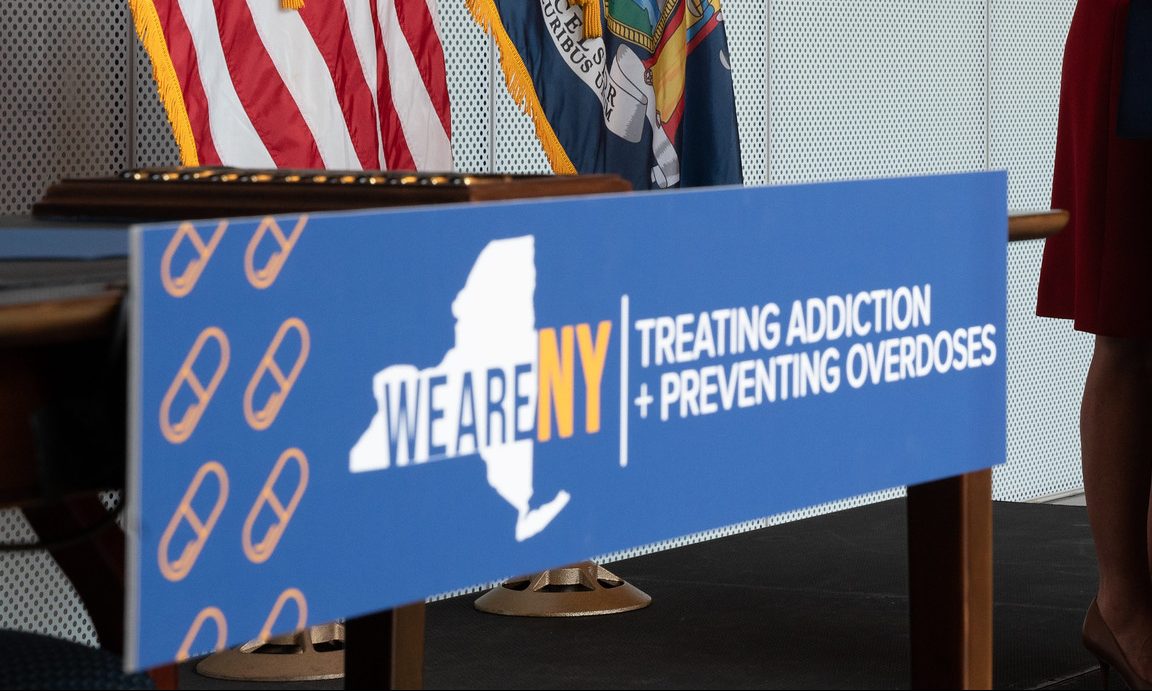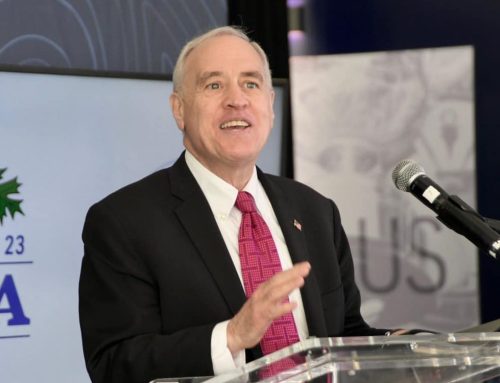Opioid Settlement Fund Advisory Board makes recommendations
A state panel tasked with advising policymakers on how to spend legal settlement dollars from opioid manufacturers and distributors are calling for a plurality of the money to go to “harm reduction” initiatives in a scorecard that was due to Gov. Kathy Hochul and the state Legislature on Tuesday.
The state Opioid Settlement Fund Advisory Board approved recommendations on Monday on how to spend nearly $129 million, with 22 percent for harm reduction, 12 percent for treatment, 16 percent for investments across the continuum of care, 15 percent for priority populations, 10 percent for housing, 10 percent for recovery centers, 7 percent for prevention, 5 percent for transportation, 2 percent for public awareness and 1 percent for research, according to board members.
“I think we did a really solid job,” said board member Ashley Livingston, who is co-chair of Friends of Recovery Warren & Washington.
“We started out kind of rough, but I feel like we came to a great place,” she added.
The positive sentiments were echoed by board member Avi Israel, co-founder of Save the Michaels of the World.
“Everything that I wanted got in there,” he said. Israel pointed to the emphasis on harm reduction, workforce recruitment and retention, and support services after treatment, such as transportation and housing, as key recommendations.
Concerns were raised during Monday’s meeting, both by board members and public speakers, about the board’s endorsement of an $8 million appropriation for a Buffalo non-profit that will be expanding its presence across the state and had a representative on the board.
Livingston, who spoke out against the investment in multiple meetings, said the program could ultimately work great, but argued that the money should be appropriated through a competition. “Lots of people on that board have great organizations and we didn’t fund them directly,” she added.
Also included in the board’s recommendations under “harm reduction” was an endorsement of “funding for overdose prevention centers.” The controversial policy, which has been shown to reduce drug overdose deaths, was debated at an earlier meeting of the board.
There was some ambiguity at Monday’s meeting about the significance of the board’s recommendations, with one speaker saying, “It’s not black and white.”
UPDATE: The state Office of Addiction Services and Supports has posted a copy of the recommendations.










Social Media